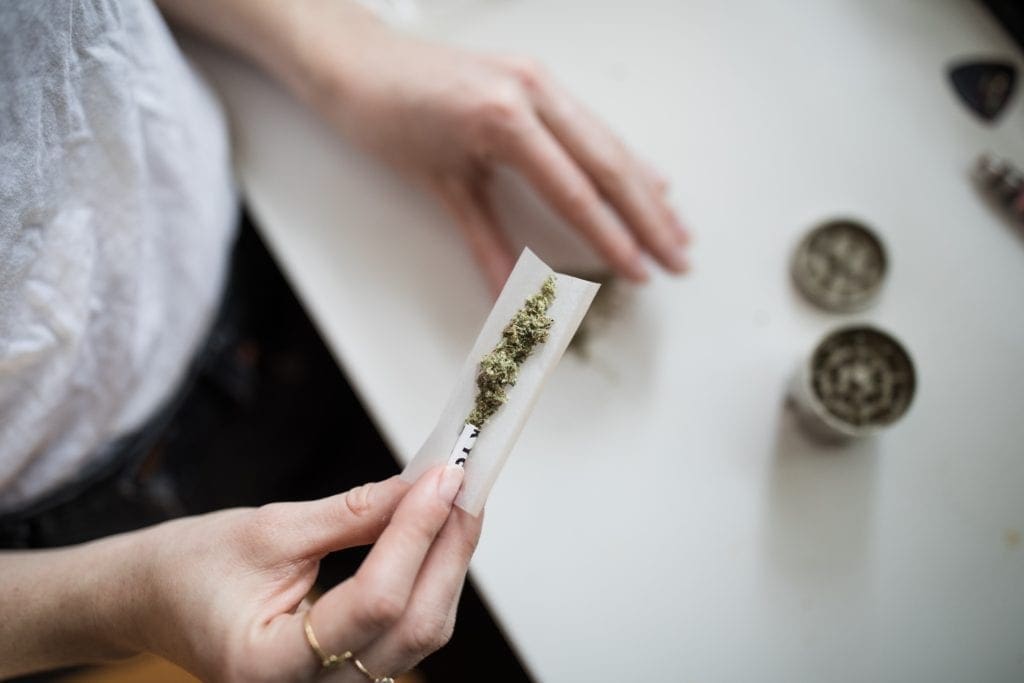A local official in the London Borough of Camden offered a new perspective on drug policy on Monday, October 7, 2019. Tom Simon, a councilor representing the Belsize ward of Camden, argued that legalizing cannabis would reduce crime.

Simon was rather frank in his view on current drug policy:
“We have a government that, despite the growing volume of evidence that would support such a move, sticks with the war on drugs, the avoidable criminalisation of people, often young people, and the hypocrisy of cabinet ministers who admit to drug use themselves and yet they’re happy to lock others up.”
Simon’s suggestion might not be so far-fetched. Economists like Peter Boetke and Chris Coyne have demonstrated that drug prohibitionist tactics of launching drug interdictions create perverse incentives for criminal actors to get involved in the drug trade. The subsequent decreases in the drug supply artificially raise the costs of drugs, which allows criminal entities to massively profit from these activities. This artificial windfall allows cartels to acquire resources such as weapons and other tools to carry out high-level crimes.
The local official does concede that legalization is outside the jurisdiction of the Camden Council.
“Of course, Camden Council doesn’t have the power to legalise cannabis but it’s time we look at what more we can do within the confines of the regressive national legislation we have.”
Nonetheless, it’s good that this kind of sentiment is gaining ground abroad. Since states like Colorado legalized marijuana in 2012 and Canada legalized it in 2018, now the idea of marijuana legalization is no longer fringe in the Anglo world. This is one of the first steps in ending the drug war internationally.
In the American context, the drug war has helped fuel the rise of a prison-industrial complex of sorts and facilitated the abuse of civil liberties of peaceful individuals. Indeed, a new approach to the drug issue is desperately needed. For crime-related purposes, the introduction of medical marijuana laws has coincided with the drop of certain violent crimes like aggravated assaults, homicides, and robberies drop in states that border Mexico according to criminologist reports. Although legalization policies are a recent development, and the effects are still being analyzed, it’s safe to say that the results have not been catastrophic as some of the doomsayers have suggested.
Legalization may not be the cure-all for fighting crime, but it definitely helps. Most importantly, people that engage in peaceful behavior should not have the state punish them. Countries like the United Kingdom would be wise to reform their drug policies like the way states in the U.S. and Canada have done.

























